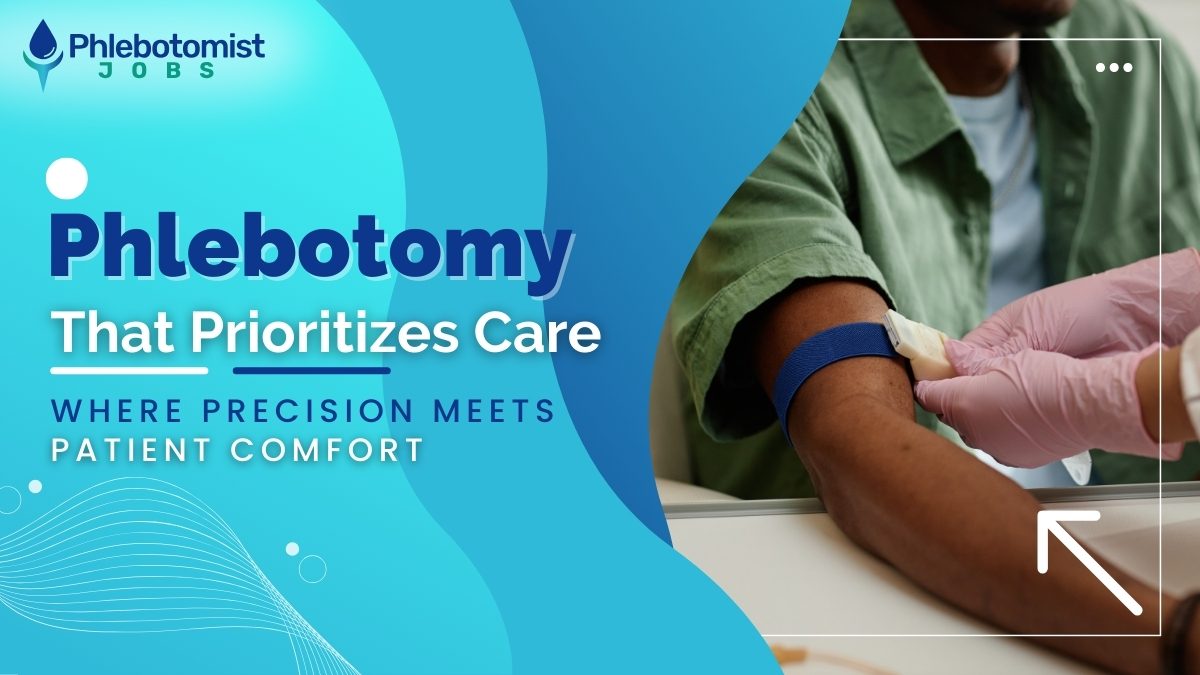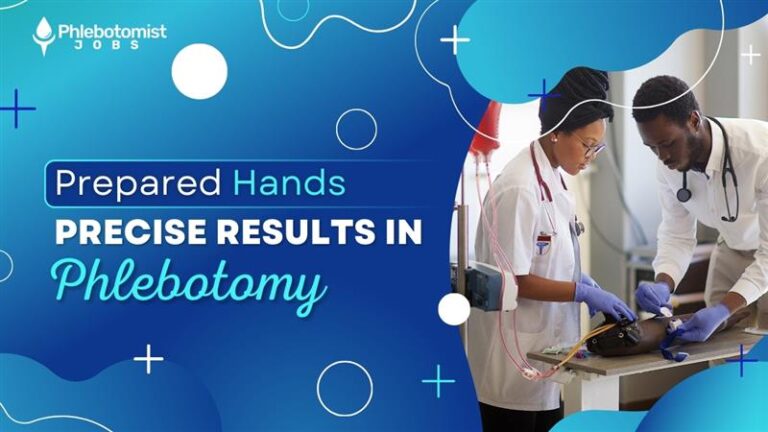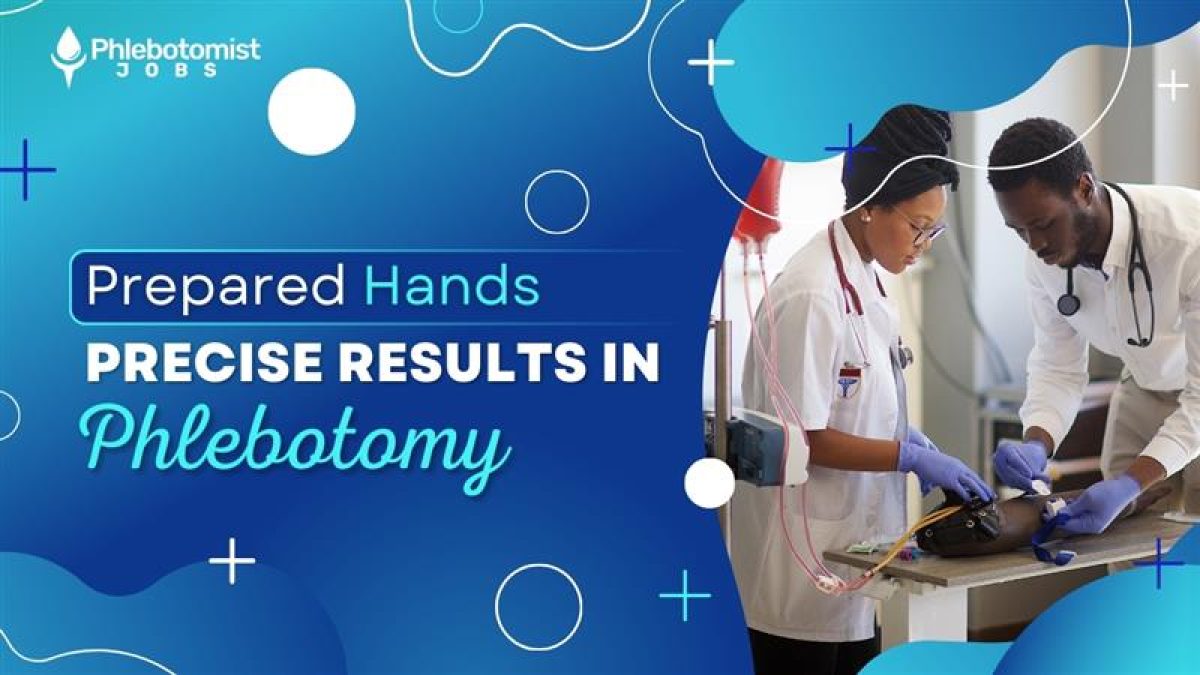Table of contents ▸
Introduction
Phlebotomy is the crucial act of bleeding an individual for testing, for transfusions, for research, or simply for donation. In 2025, with the advance of diagnostic technologies demanding precision in blood collection to complement advanced medical analysis, phlebotomists find themselves going increasingly into greater demand. Rising standards of healthcare are raising requirements concerning certification to guarantee competency and the safety of the patient. This blog will serve as a return to recent developments in certification procedures, educational opportunities, and career possibilities available to the aspiring phlebotomist.
Importance of Phlebotomy Certification
Having a certification means that one is truly competent in collecting blood as well as caring for patients in terms of safety protocols. An employer would consider a candidate who is certified since certification gives assurance that skills are standard and are professional; thus, the entity can trust delivering healthcare services to her.
Requirements for Certification-2025
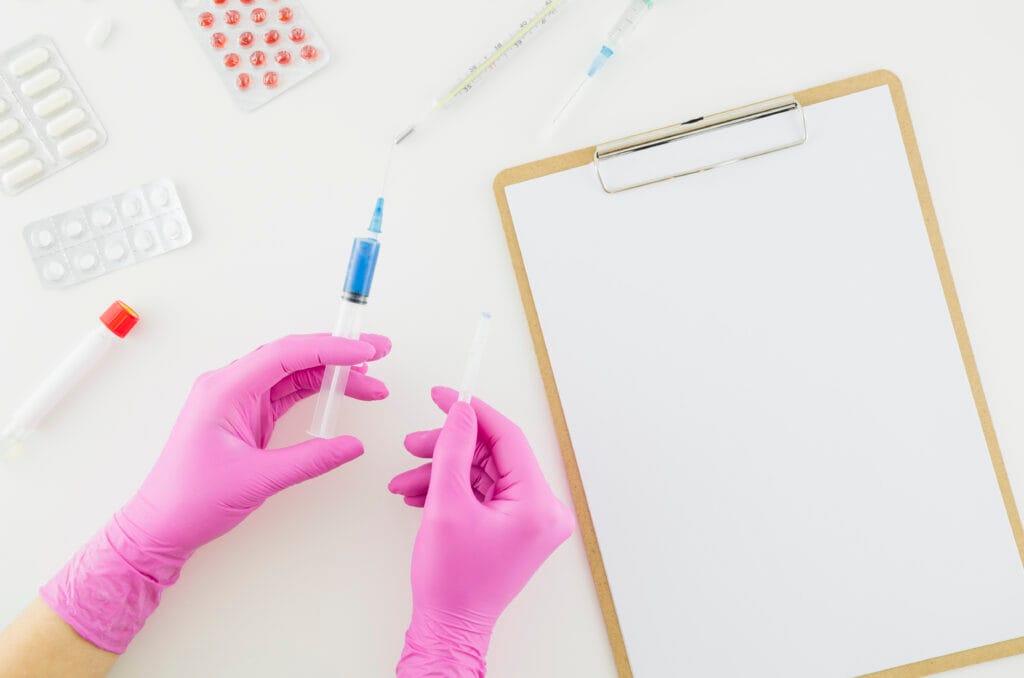
United States
Certification requirements vary from state to state in the U.S. States like California and Louisiana require certification, whereas Texas requires none. However, employers across the country are keen on certified candidates to maintain their quality standards. With rising demands for healthcare, more states may institute more stringent regulations by 2025. Recognized certifying bodies are those of:
- American Society for Clinical Pathology (ASCP)
- National Center for Competency Testing
- American Medical Technologists
- National Phlebotomy Association
In all the above, one must undertake and finish an accredited phlebotomy program, then sit for the certification exam that meets industry standards.
India
Phlebotomists in India need to have passed their higher secondary from a recognized board (10+2) with science subjects. Certificate and diploma courses in phlebotomy or medical laboratory technology, for one or two years, are offered by several authorities, such as the Indian Medical Association (IMA). These programs deal with venipuncture, sample handling, and infection control. While certification is not a legal requirement, being certified is immensely helpful in securing employment with hospitals, diagnostic labs, and blood banks, especially with the healthcare sector in India rapidly expanding to keep up with rising demand for diagnostics.
Educational Pathways
Training Programs
Phlebotomy training requires a fine balance between theoretical knowledge and practical training in anatomy and physiology, blood collection techniques, and safety measures. Various programs may be offered-from a couple of weeks to a few months-while accelerated U.S. courses can be as little as two weeks in duration.
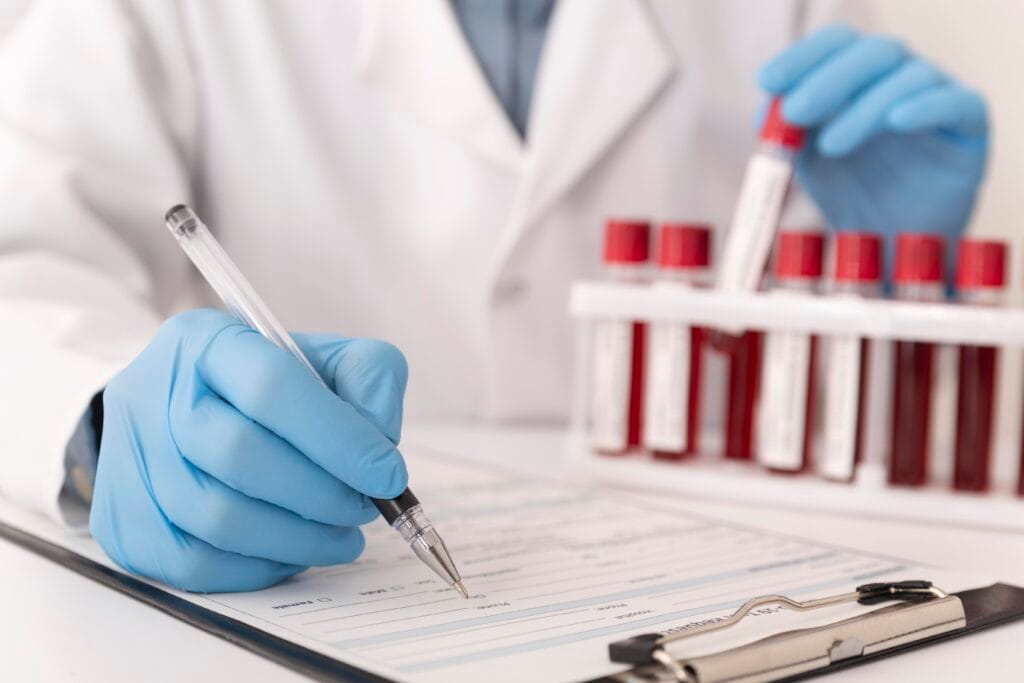
Online vs. In-person Training
Online programs cover the theory remotely on the phlebotomy side, while in-person attendance for the clinical portion is required to train proper hands-on skills. Accreditation is key to ensuring that a program meets minimum standards set down by the certifying body, thus preparing a person for the prospective certification exam and practical application out in the field.
Steps to Certification
- Educational Prerequisites: High school graduate or GED with science coursework.
- Enroll in an Accredited Phlebotomy Program: Select a training program meeting your career goals and the requirements of the certifying body.
- Complete Clinical Training: Complete clinical training involving cuts and blood draws in a supervised environment.
- Pass the Certification Exam: Register and pass the certification exam of a nationally recognized credentialing body.
- Maintain Certification: Maintain certification according to the requirements specified by the certifying authority through continuing education.
Career Prospects and Opportunities
Phlebotomy is a high-demand position, according to the U.S. Bureau of Labor Statistics, because of the aging population and growing healthcare services. The certified phlebotomist may find employment in hospitals, diagnostic labs, blood donation centers, or research facilities. Entry-level salaries for phlebotomists usually range from $35,000 to $45,000, with an 8% projected growth rate through 2030. Phlebotomy can also be a stepping stone into higher professions such as nursing or medical laboratory technology, allowing for diversification of career opportunities.
Conclusion
By 2025, it shall be incumbent upon phlebotomists to receive adequate education and training and to pass the certification exam. While the prerequisites do vary between jurisdictions, certification is, in the larger realm, a deciding factor for prospective employers. Certified phlebotomists continue to be indispensable over time regarding patient care and diagnostics.
To learn more about job listings and career tips, and information regarding the health care industry, follow us on our website (https://phlebotomistjobs.us/).
Follow us on Social Media: LinkedIn | Facebook | Twitter | Instagram

